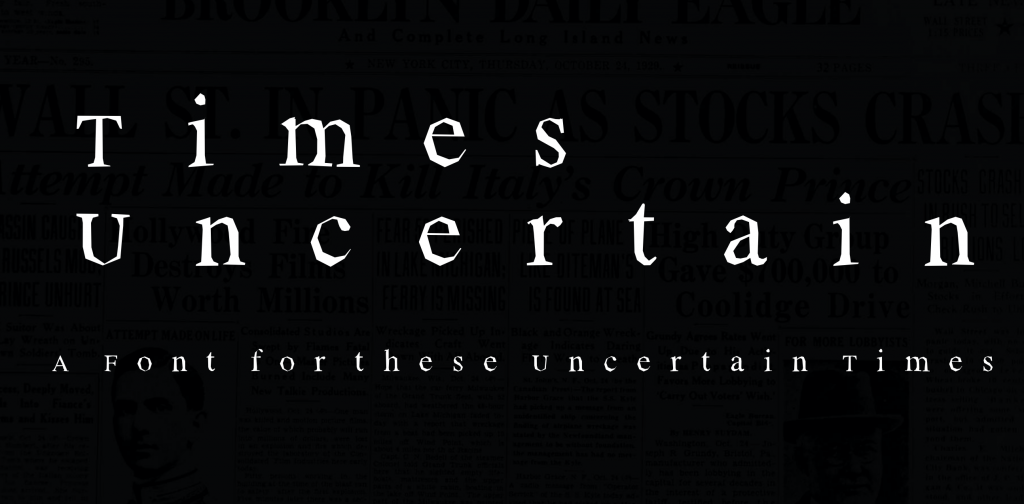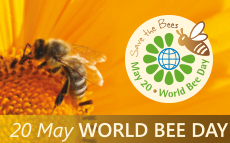May 30 2021
Bitcoin explained 698 BCDisclaimer : I own 0.0003 of a Bitcoin

May 30 2021
Bitcoin explained 698 BCDisclaimer : I own 0.0003 of a Bitcoin

May 29 2021
The greatest inter-generational injustice ever inflicted by one generation of humans upon the nextIn a landmark judgment, the Federal Court found the environment minister has a duty of care to young people, as reported in the Conversation.
It is remarkable that this was a matter for debate.
The court found that
one million of today’s Australian children are expected to be hospitalised because of a heat-stress episode, that substantial economic loss will be experienced, and that the Great Barrier Reef and most of Australia’s eucalypt forest won’t exist when they grow up.
Justice Bromberg said in his judgement:
It is difficult to characterise in a single phrase the devastation that the plausible evidence presented in this proceeding forecasts for the children. As Australian adults know their country, Australia will be lost and the world as we know it gone as well.
The physical environment will be harsher, far more extreme and devastatingly brutal when angry. As for the human experience – quality of life, opportunities to partake in nature’s treasures, the capacity to grow and prosper – all will be greatly diminished.
Lives will be cut short. Trauma will be far more common and good health harder to hold and maintain.
None of this will be the fault of nature itself. It will largely be inflicted by the inaction of this generation of adults, in what might fairly be described as the greatest inter-generational injustice ever inflicted by one generation of humans upon the next.
To say that the children are vulnerable is to understate their predicament.

May 26 2020
A font for these uncertain times
Right now, every one is telling us that they are here for us during these uncertain times.
The agency Third Street thought that if brands are going to use the words, they ought to have a matching font.
‘Times Uncertain’ is a lot like ‘Times New Roman’, but a bit shaker, a tad more random, and the only punctuation available is ? or !
You can download ‘Times Uncertain’ for free from from Third Street


May 25 2020
Yak Shaving
Turns out I’ve spent a great deal of time shaving yaks, without knowing what it was called.
Yak Shaving – how you find yourself doing something you shouldn’t be doing because you need to do that step before you can do another thing that will enable you to do the task that makes it possible to do the thing you should be doing.
Seth Godin explains it in this extract from this episode of his wonderful akimbo podcast.
The term is used in software development, where one spends a lot of time down rabbit holes, and was coined by Carlin J. Vieri at MIT.
I had to shave a few yaks for this post. To extract the audio, I had to record the system sound from my Mac. Turns out my old tool to do that, SoundFlower,is out of date. The demo mode of Audio Hijack did the trick. But to edit the extract, I needed an audio editor. I used Quicktime, but that created a mov file and I needed an mp3. So MediaHuman Audio Convertor worked for that conversion – I had found it last time I shaved a yak. Then I could complete the edit using Easy Audio Mixer.
I love shaving yaks. Beats mowing the lawn.

May 21 2020
198650 songs in three minutes
Happy Birthday Moo

 May 20th is International World Bee Day.
May 20th is International World Bee Day.
We could not survive without bees. 90% of the world’s wild flowering plant species depend on them for pollination, as does more than 75% of the world’s food crops.
Bees provide a number of archetypal examples of important models.
The bee and the flower have a mutualistic relationship. The bees get to eat, and the flowering plants get to reproduce.
Richard Dawkins says the hive shows the ‘Selfish Gene‘ at work. All the bees in a hive are brothers and sisters. Their behaviour is determined by the genes they carry. When a bee stings and sacrifices itself, they are protecting their own genes as carried by their siblings. It is endurance of the gene that drives behaviour – the bees are the servants of their genes (as are we)
A recent article on the Illusion of Certainity by Rory Sutherland refers to the Waggle Dance as an example of the need for risk and innovation if we are to progress. When a bee finds a good source of nectar, it returns to the hive and waggles its bum to give directions to the other bees. (Really! See David Attenborough below). Luckily, not all bees follow the instructions.
Rory Sutherland writes :
– Bees seem to have spotted this trade-off between narrow and broad-scale efficiency 20 million years ago. Although most of them follow the waggle-dance (exploiting what is already known), a significant minority do not. These R&D bees explore at random, seeking nectar and pollen from sources as yet unknown. Most of these journeys are individually wasteful — but every now and then they pay off hugely in the form of a new find. Indeed there would be no bees without this ‘inefficiency’; hives would end up starving to death.
– Bees are still around because they are part deterministic and part probabilistic in their behaviour. They use their ‘evidence-based’ waggle-dance data-model up to a point, but correct for the fact that it is incomplete, temporary and weighted to the past. Institutionalised humans obtain a false sense of certainty by assuming that life is one big waggle-dance: that what is optimal in a one-off transaction in a certain present is also optimal at scale, in an uncertain, long-term future. Even insects have figured out this is dumb. Like Socrates, bees know how much they don’t know.